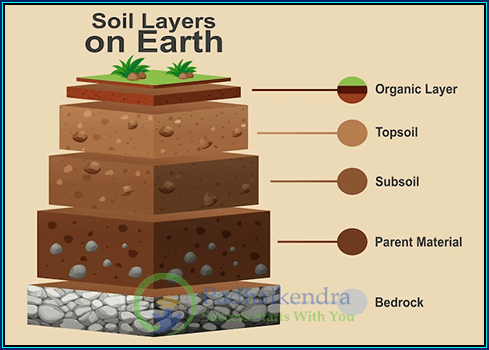Natural gas is composed primarily of methane, a colorless and odorless gas that is lighter than air. It may also contain small amounts of other hydrocarbons such as ethane, propane, butane, and pentane, as well as impurities such as carbon dioxide, nitrogen, and hydrogen sulfide.
Natural gas is formed over millions of years from the remains of dead plants and animals that are buried and subjected to heat and pressure deep beneath the earth’s surface. It is often found in the same geological formations as petroleum, but can also be found on its own in reservoirs of porous rock or in coal seams.
Uses of natural gas
Natural gas has a wide range of uses, including:
- Power generation: Natural gas is used to produce electricity, which is used to power homes, businesses, and industries.
- Residential heating and cooking: Natural gas is used as a fuel for heating homes and cooking.
- Industrial processes: Natural gas is used as a fuel and feedstock in various industrial processes, such as producing chemicals, fertilizers, and plastics.
- Transportation: Natural gas is used as a fuel for vehicles, including buses and trucks.
- Commercial uses: Natural gas is used in commercial applications, such as restaurants, hotels, and laundries.
- Agricultural uses: Natural gas is used in agriculture for crop drying and greenhouse heating.
- Petrochemicals: Natural gas is used as a feedstock for producing petrochemicals, which are used in a variety of products, including plastics, textiles, and pharmaceuticals.
Advantages of natural gas as a fuel
- Clean burning: Natural gas is a clean-burning fuel, which means it produces fewer emissions than other fossil fuels like coal and oil. This makes it a more environmentally friendly option.
- Abundant: Natural gas is found in large quantities around the world, making it a reliable source of energy.
- Versatile: Natural gas can be used for a variety of purposes, including heating, cooking, and powering vehicles.
- Efficient: Natural gas is a highly efficient fuel, meaning that it produces a lot of energy for the amount of fuel used.
- Reliable: Natural gas is delivered through pipelines, which makes it a more reliable source of energy compared to other fuels that need to be transported by truck or train.
- Cost-effective: Natural gas is often cheaper than other fossil fuels, making it a cost-effective option for many people.




